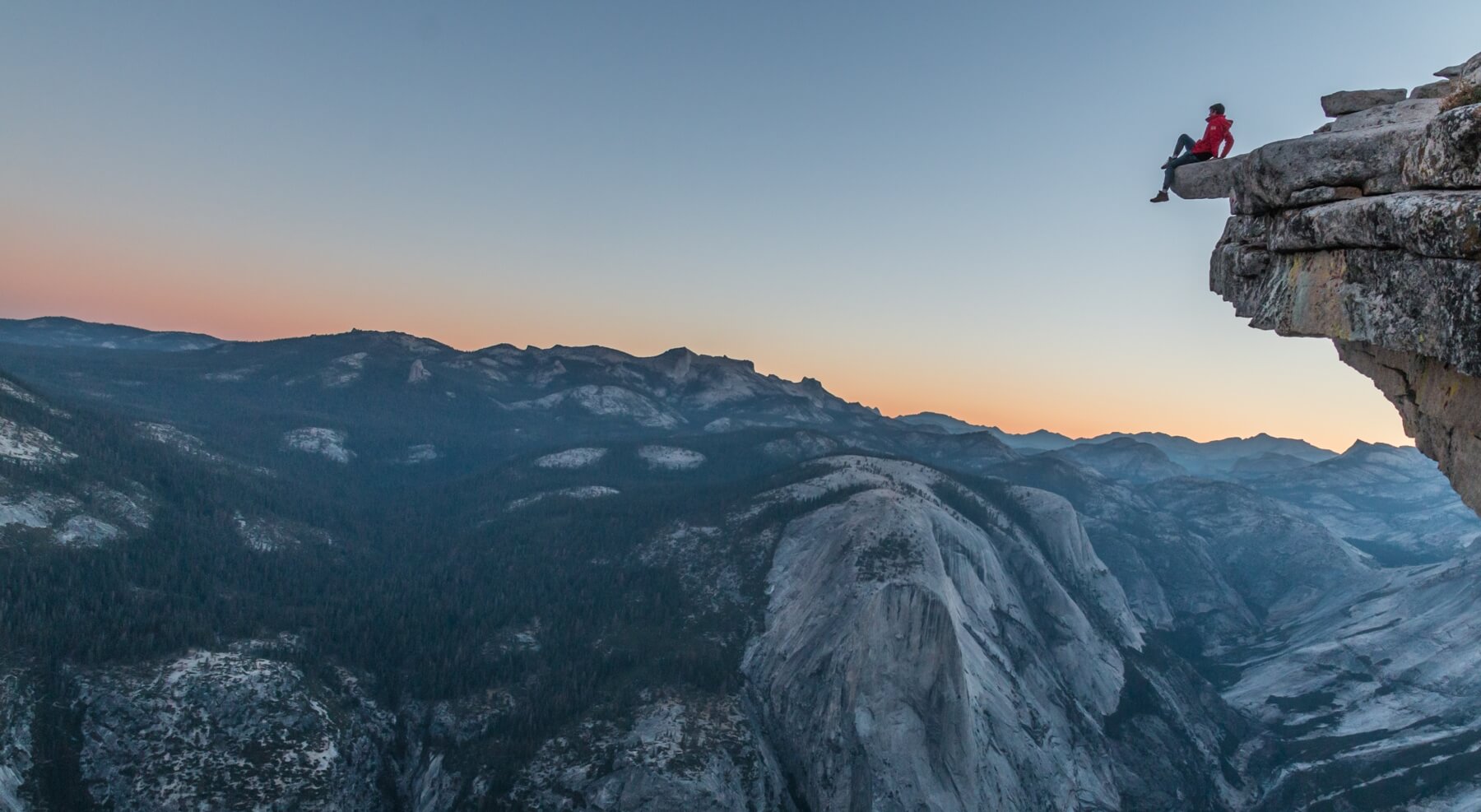Embrace the Fear
Fear is wired into our psychological DNA to help us avoid situations that could cause us pain, injury, loss or death. The Swiss psychologist Carl Jung is noted for saying “whatever you resist will persist.” The big secret, experts will tell you, is that courage is not the absence of fear, but rather the ability to metabolize it. Trungpa likens it to a shower. You have the desire to shower because you feel dirty. “The dirt is what really makes you want to clean up—similarly, fearlessness comes from fear.”
Get All the Information You Can
A simple fact about humanity is that the less we know about something, the scarier it seems. Uncertainly is a breeding ground for fear. Reduce your own uncertainty and you'll no doubt shrink the overwhelming sense of dread that's keeping you from pursuing what you want. Get as much information as possible. That means doing your research, practice, and visualize yourself in the situation that scares you the most. When you know what to expect, your confidence raises naturally.
Remember to Relax
A little healthy fear provides a shot of adrenaline but remember too much can shut you down. When we're feeling fearful, our breathing unconsciously becomes faster and shallower. Our muscles tense up. Slow your breathing and do some long stretches to calm down. And think of what comes after this. When tackling something that scares us, we're rewarded with a rush of confidence and pride immediately thereafter. Focus on how good that will feel.
Commit Yourself Ahead of Time
Fearlessness has a starting point, according to Trungpa. And it requires discipline to get to that point. The surest way to stick to your plan is to commit yourself ahead of time. You want to make it nearly impossible to back out, so tell people what your plan is or make an official appointment. That way, you'll be likely to follow through and the declaration will also boost your determination and courage. And don't wait. Guy Winch, Ph.D., a licensed psychologist, says our emotional courage is prone to leaking, which means, the longer you wait, the less of it you'll have.
Repeat
Think of your courage like a muscle. The more you consistently show up for yourself and don't let discomfort deter you, the easier and more natural it becomes. Over time, those initial acts of courage become less difficult, and you'll find yourself doing bigger and braver things. And you'll notice they take less effort than you expected.


































